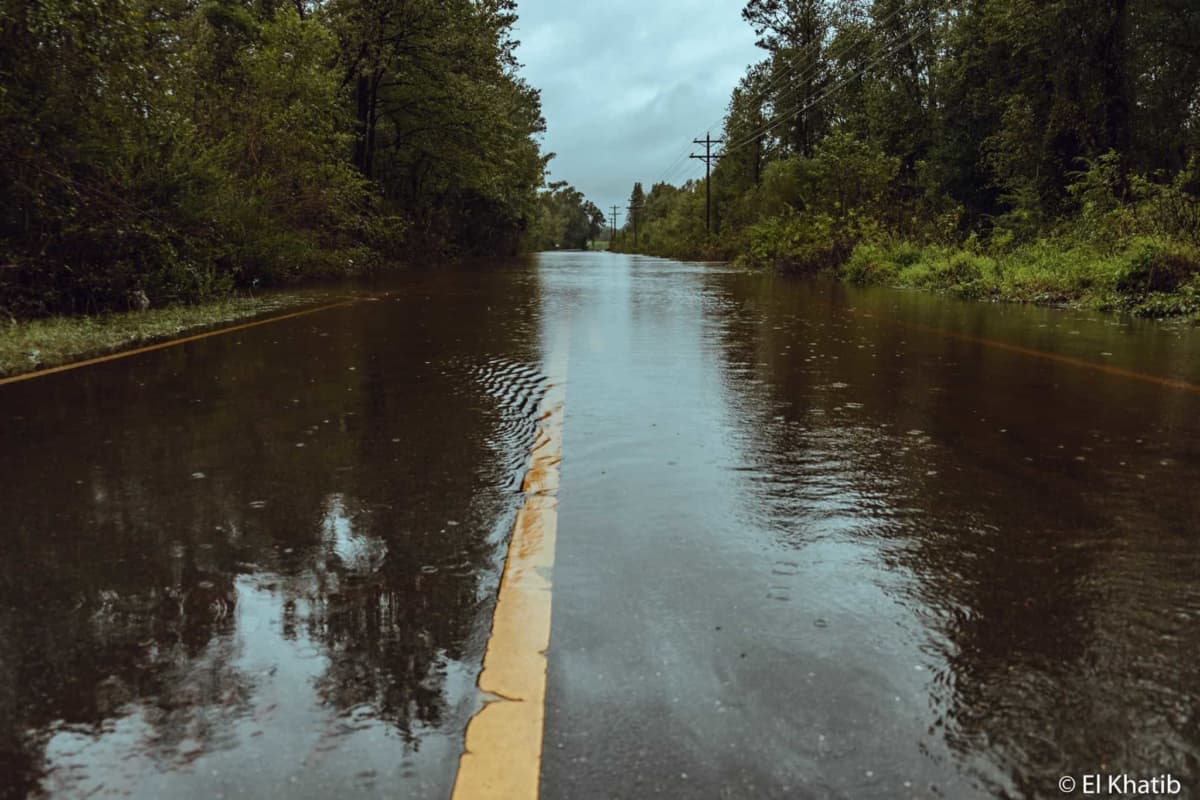Last Friday, Hurricane Florence made landfall in North Carolina, devastating much of the eastern part of the state. New Bern reached a record flood stage, Wilmington was left stranded with I-40 submerged, and over 160,000 people remained without power as of Wednesday evening. The hurricane’s damage prompted a visit from President Trump on Wednesday to evaluate the federal response after the storm, which has left at least 37 dead.
Families remain displaced, ten school districts are closed (three—Clinton City, Robeson, and Sampson County Schools—closed indefinitely), and the road to relief remains a long one for many communities in the state. But in the oft-repeated words of the late Fred Rogers, so apt in the wake of a disaster, “My mother would say to me, ‘Look for the helpers. You will always find people who are helping.'”
See five organizations accepting donations dedicated to disaster relief in impacted areas below:
North Carolina Disaster Relief Fund
Gov. Roy Cooper’s North Carolina Disaster Relief Fund is accepting online donations with contributions helping the “immediate unmet needs of Hurricane Florence victims.”
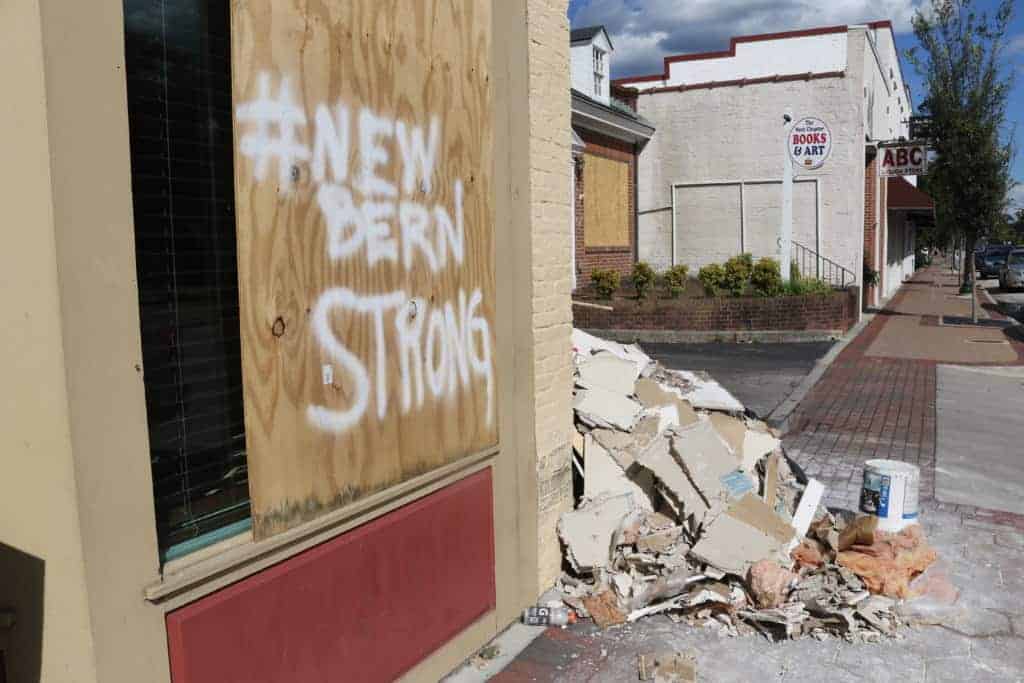

Food Bank of Central & Eastern NC
While the Food Bank of Central & Eastern NC takes on food insecurity in the region, they are partnering with disaster relief sites in the wake of Hurricane Florence. Learn about where you can donate food or make an online donation here.
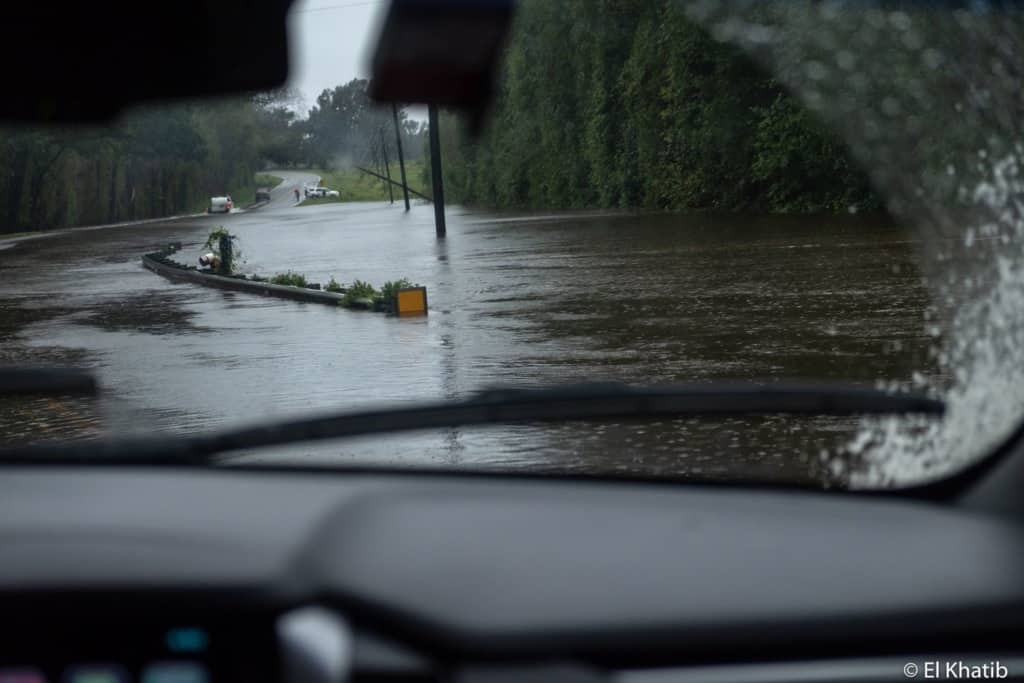

United Way of NC
United Way of North Carolina has Hurricane Florence disaster relief fundraising via UWHelpsNC, where you can choose to donate to specific communities affected.
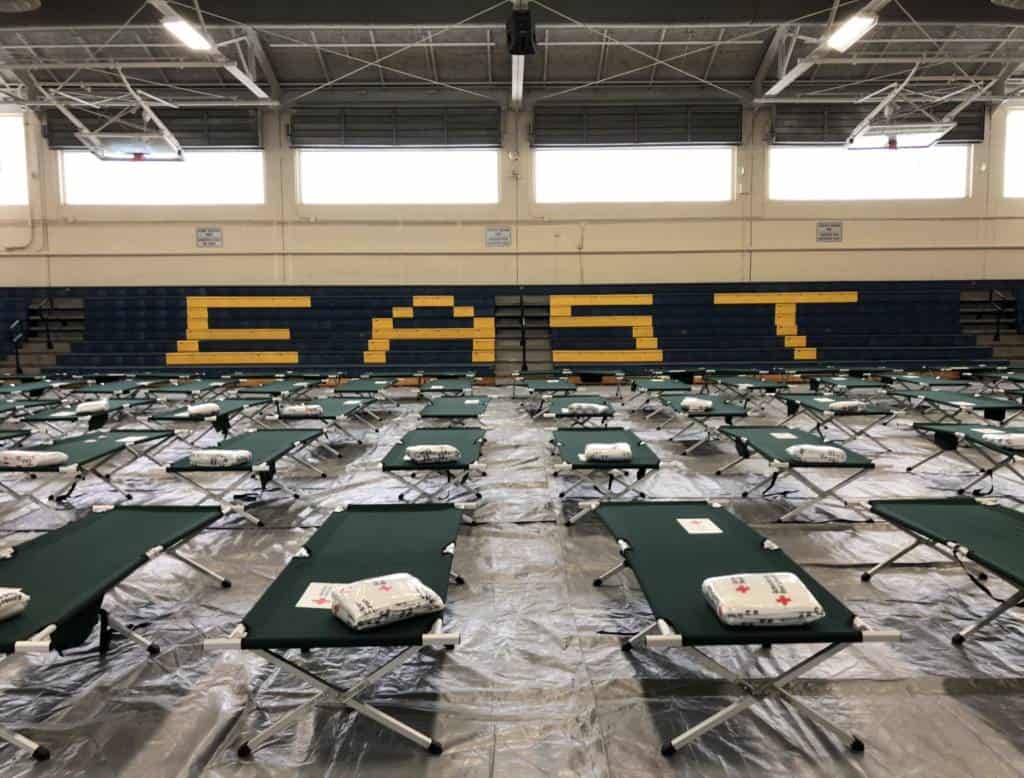

NC Community Foundation
NC Community Foundation has a Disaster Relief Fund to “help address needs in the aftermath of a disaster” across the state. Gifts to the Fund can be made online here.
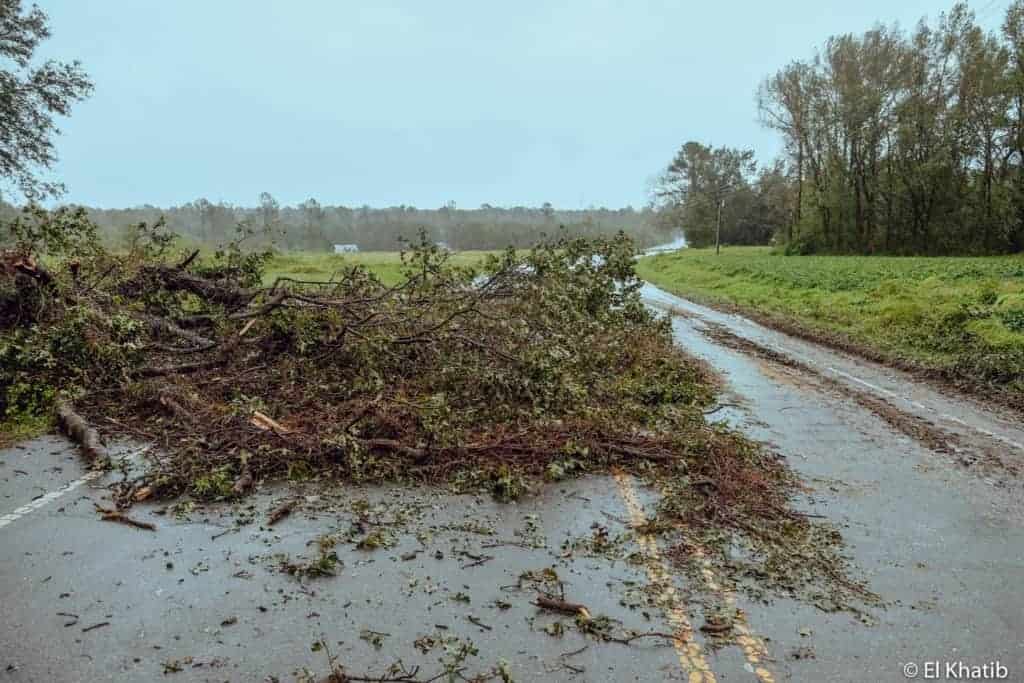

Salvation Army
In North Carolina, the Salvation Army is offering meal support to emergency workers and evacuation shelters, has opened an emergency shelter in Fayetteville, and has kept open their shelter in Wilmington after the hurricane. To learn more about their work or to donate online, see their disaster response update.
